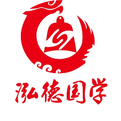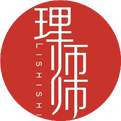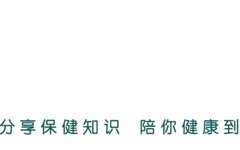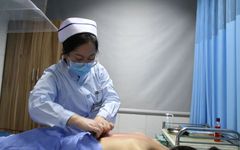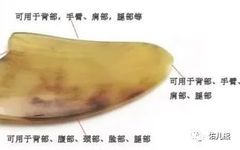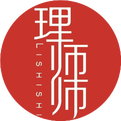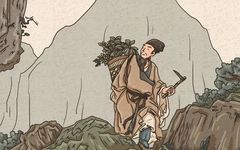The Numerous Benefits of Gua Sha: Eight Key Areas to Focus On!
Meridians · Acupuncture Points · Resource Guide, 【Click Here】 for Free Access 》》》 When experiencing discomfort, many people prefer to use Gua Sha, which has proven to be effective. Gua Sha is guided by the principles of TCM meridian and acupoint theory, utilizing specialized Gua Sha tools and techniques, along with a medium, to repeatedly … Read more

